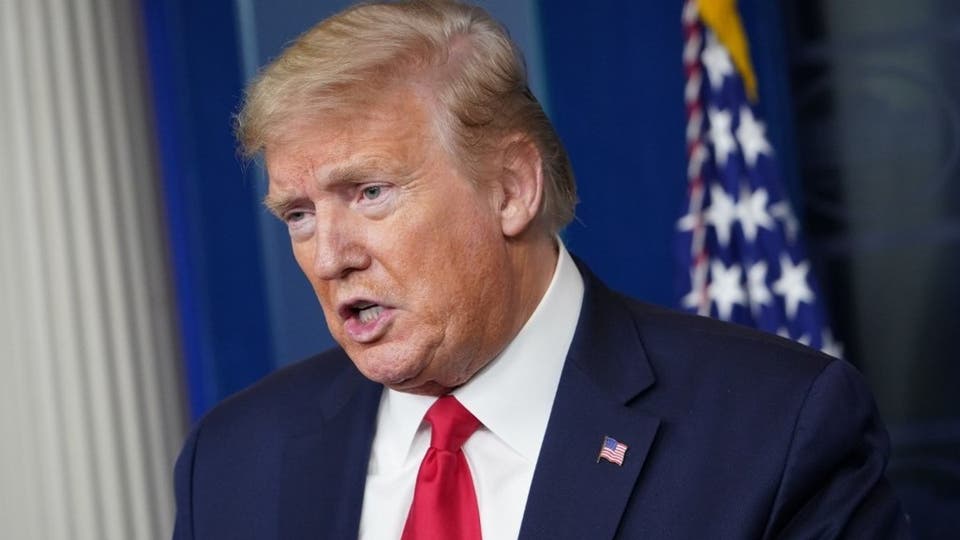Re-Election of Trump Could Impact Global Oil Prices
Analysis reveals how Donald Trump's potential return to the White House may significantly influence oil prices, amidst trade policies, OPEC pressure, and geopolitical tensions.
Published July 29, 2024 - 00:07am

Image recovered from maaal.com
A recent research note from Citigroup highlights that the potential return of former U.S. President Donald Trump to the White House could have significant bearish effects on global oil prices. Various factors, including trade tariffs, sector-friendly policies, and increased pressure on OPEC and its allies to boost oil production, contribute to this analysis.
Experts noted that Trump's possible rollback of environmental policies is unlikely to lead to the cancellation of the Inflation Reduction Act due to its positive impacts on Republican-voting states. Despite potential policy shifts, Trump's environmental stance is expected to remain less stringent than his predecessor's.
The analysts further mentioned that one of the main risks associated with Trump's re-election is heightened pressure on Iran. The impact on oil prices could be substantial if Trump reinstates his 'maximum pressure' campaign against Tehran, potentially reducing Iranian exports by 500,000 to 900,000 barrels per day. This geopolitical tension could create volatility in the oil market.
In a related development, current U.S. President Joe Biden announced on Sunday that he would not seek re-election, instead endorsing his Vice President Kamala Harris for the upcoming November elections. Increased pressures from Democratic Party members have led to this decision.
Analysts from Citigroup suggest that a Harris administration would likely align closely with Biden's policies or slightly lean further left. However, overarching geopolitical and weather-related risks remain a concern for the oil markets. The hurricane season and ongoing conflicts in the Middle East, including Gaza, the West Bank, Lebanon, Syria, and Yemen, continue to pose threats.
Despite elevated tensions, there are also increasing pressures towards achieving a ceasefire in these conflict zones, potentially mitigating some risks in the oil market. Nevertheless, with the current geopolitical climate marked by high instability, forecasting the exact trajectory of oil prices remains complex.
As the 2024 U.S. elections approach, the prospects of a Trump presidency raise important questions for the global economy and oil markets. Stakeholders globally are closely monitoring these political developments, aware of the significant economic ramifications they may trigger.


/https://assets.iprofesional.com/assets/jpg/2024/10/586422_landscape.jpg)



